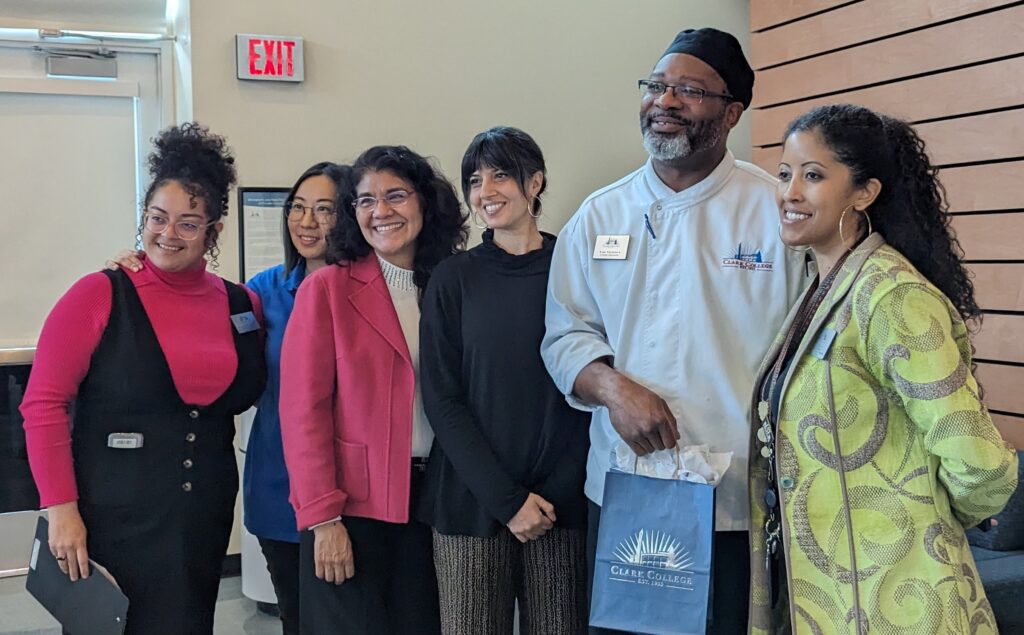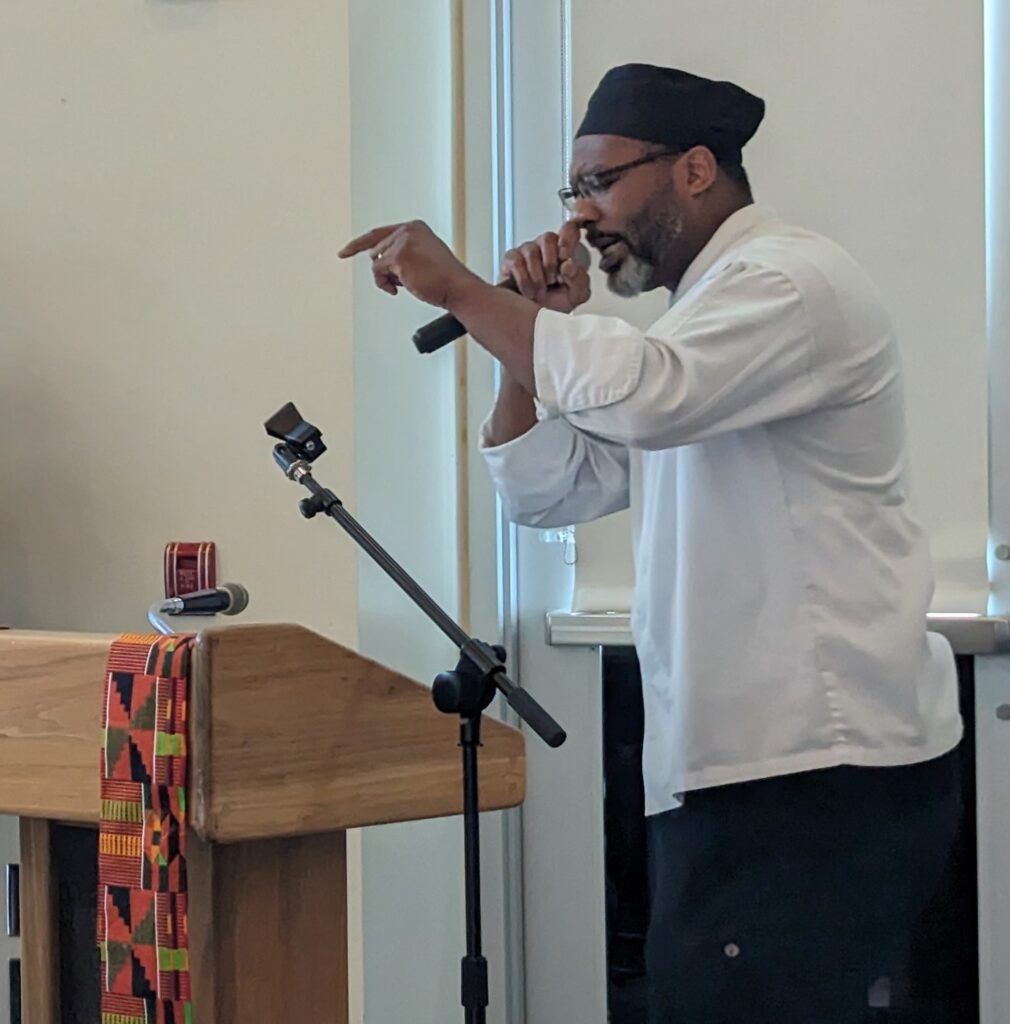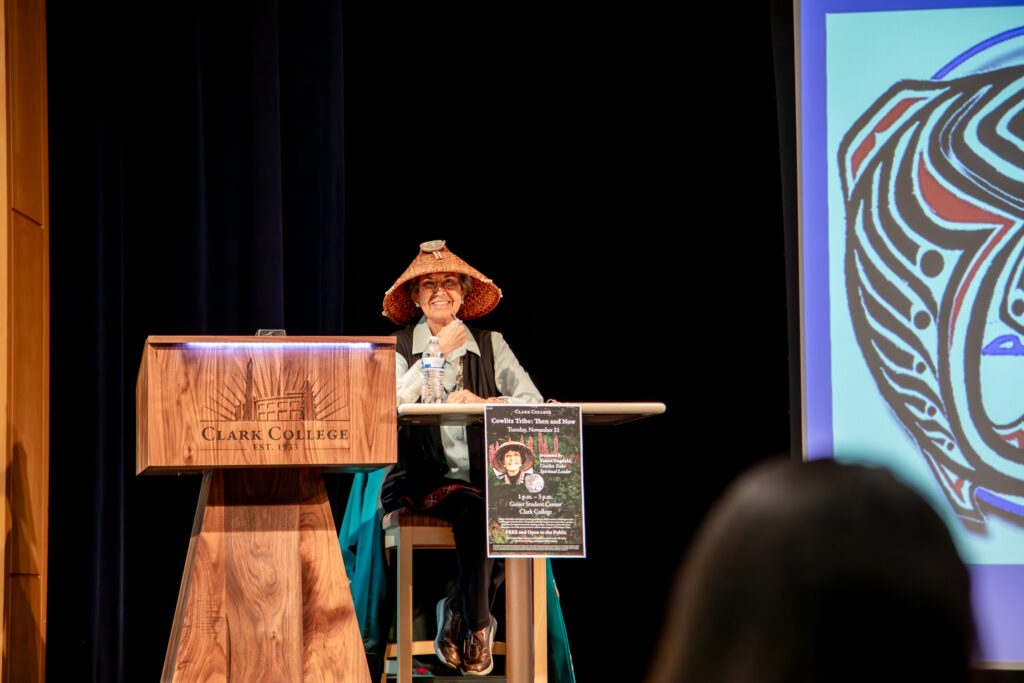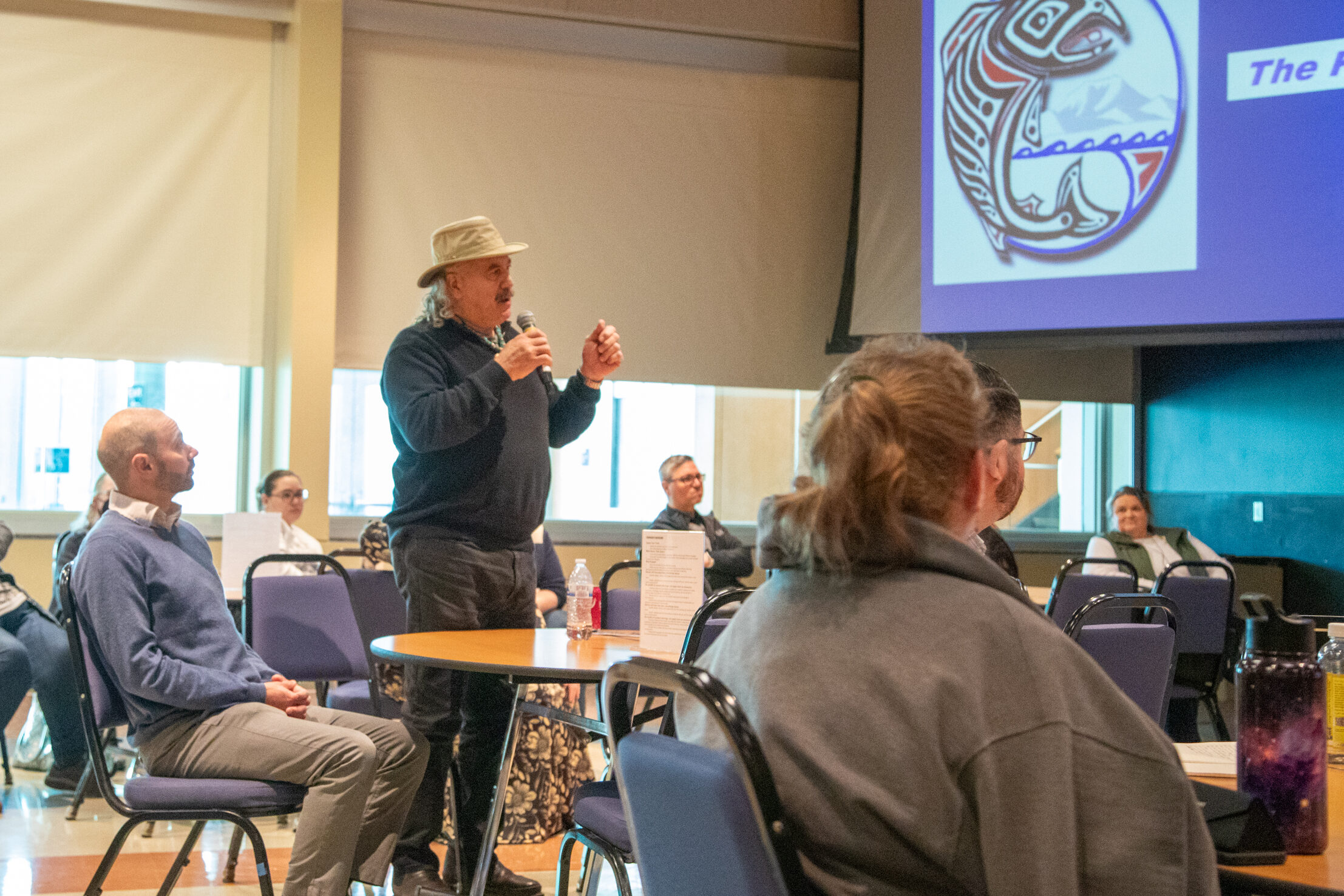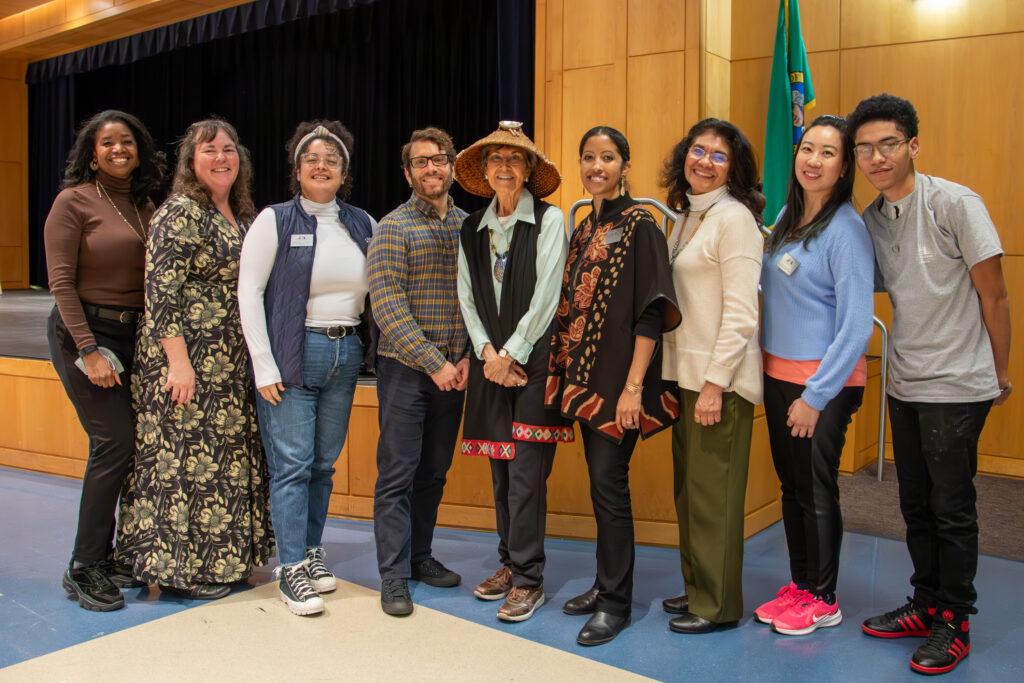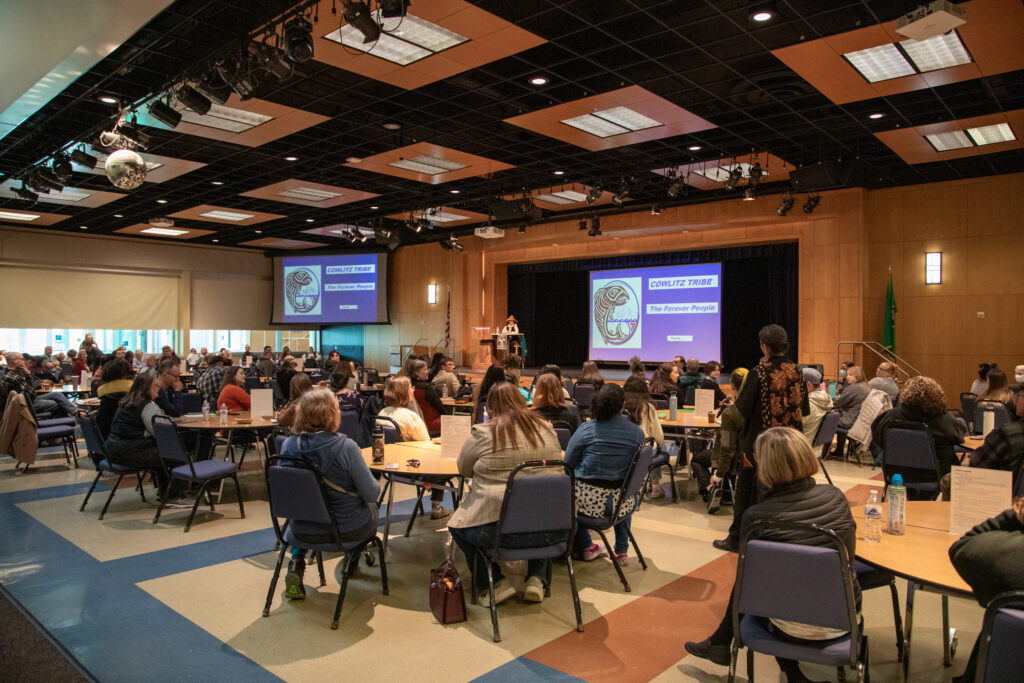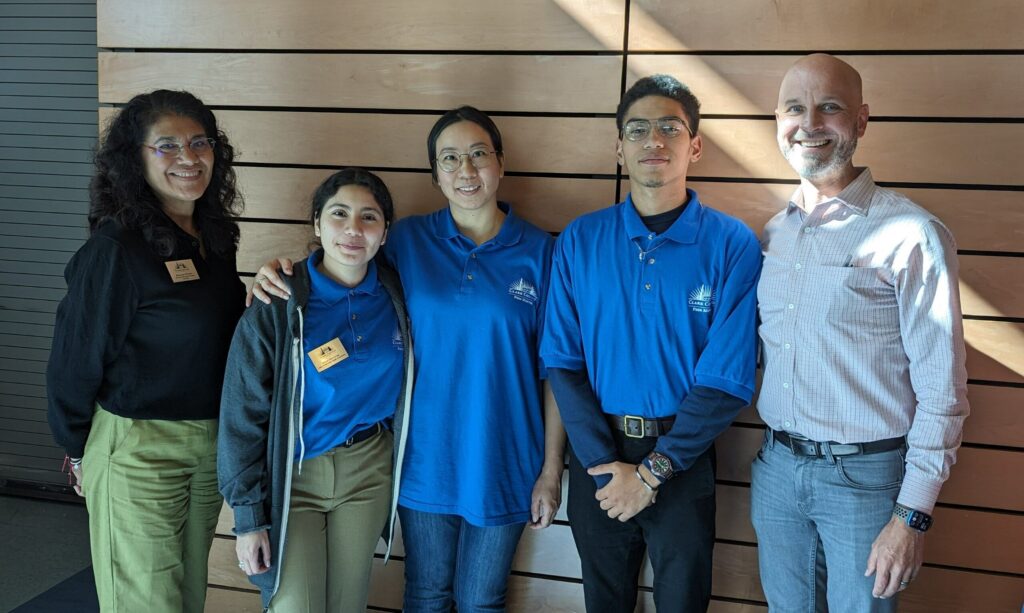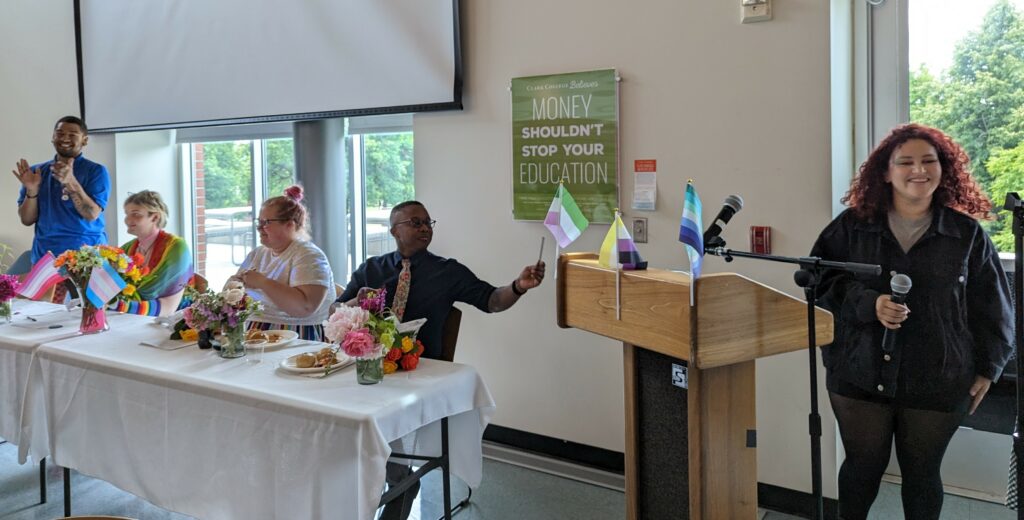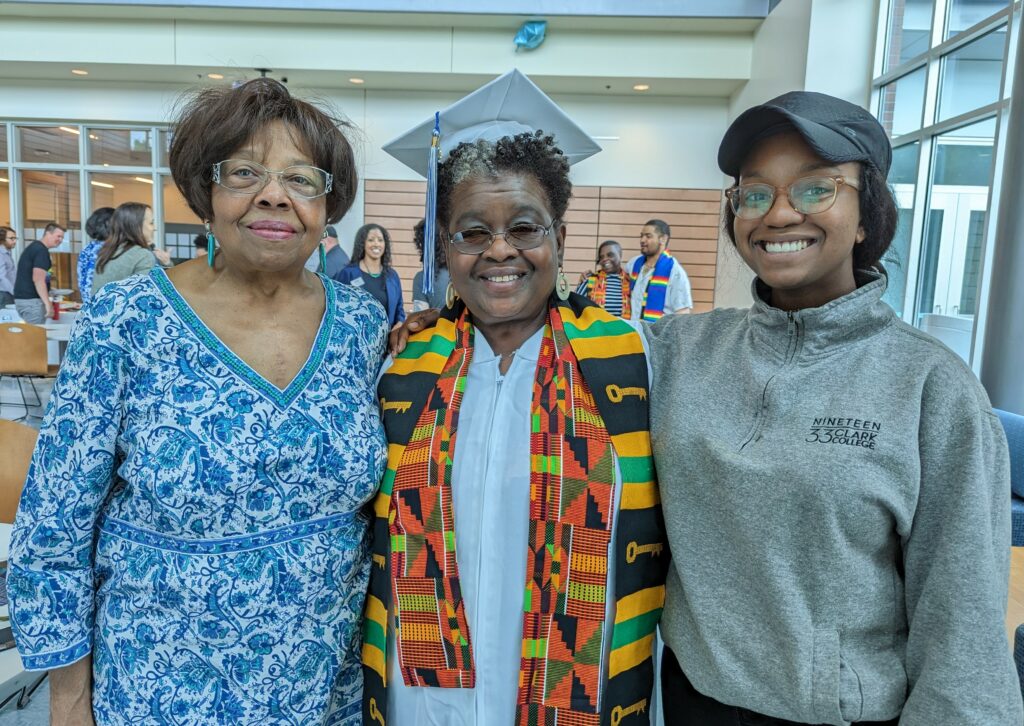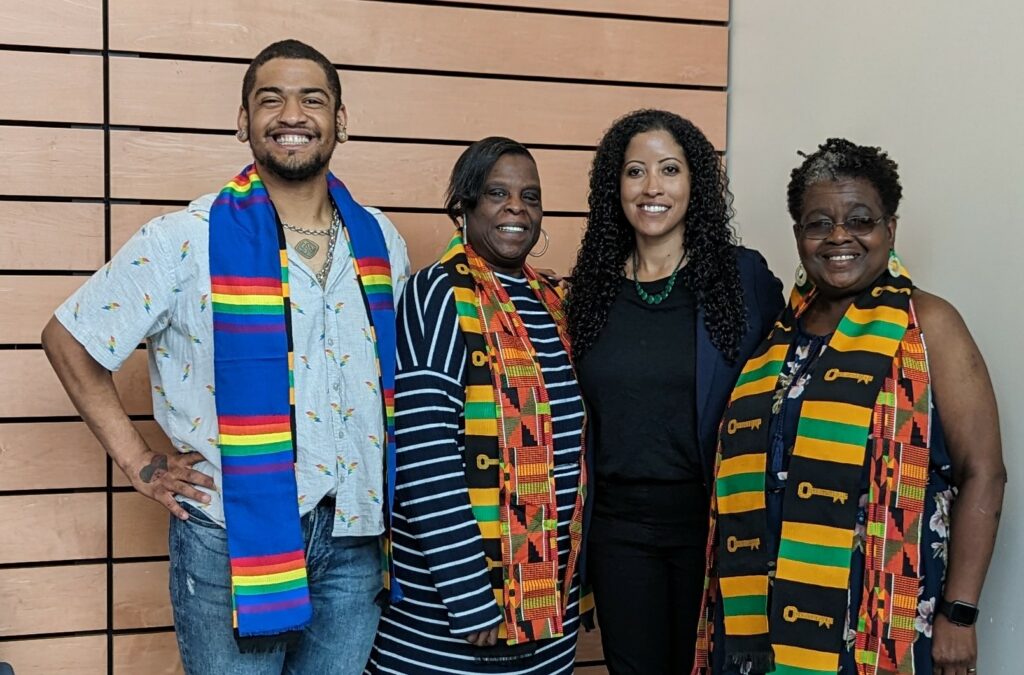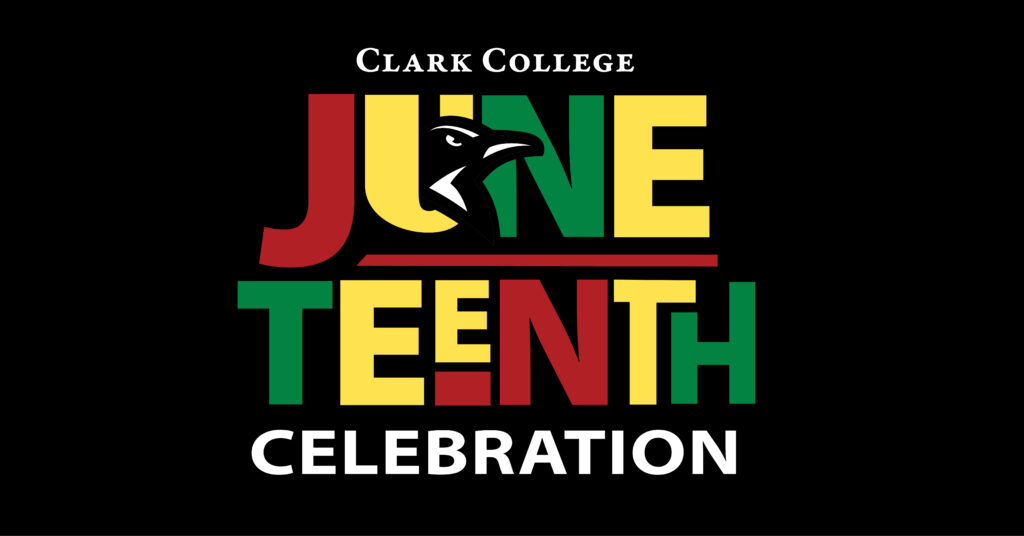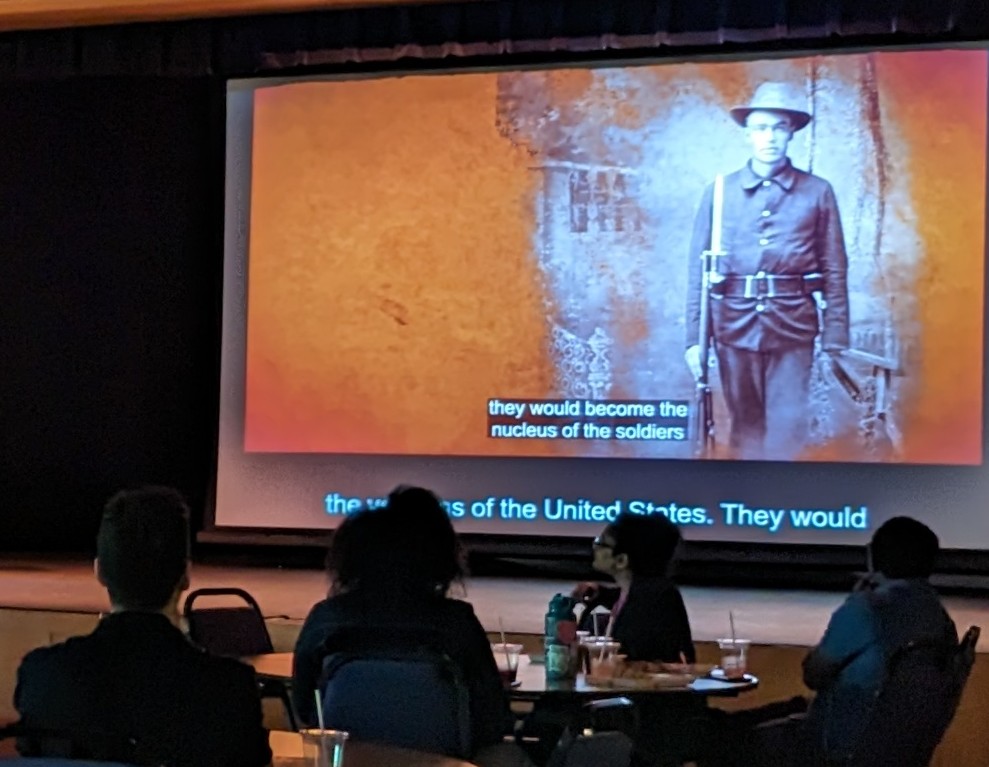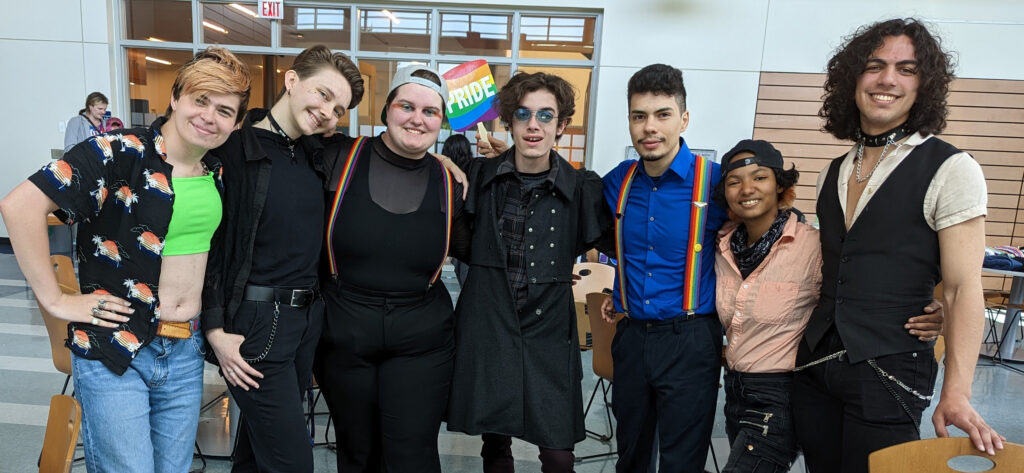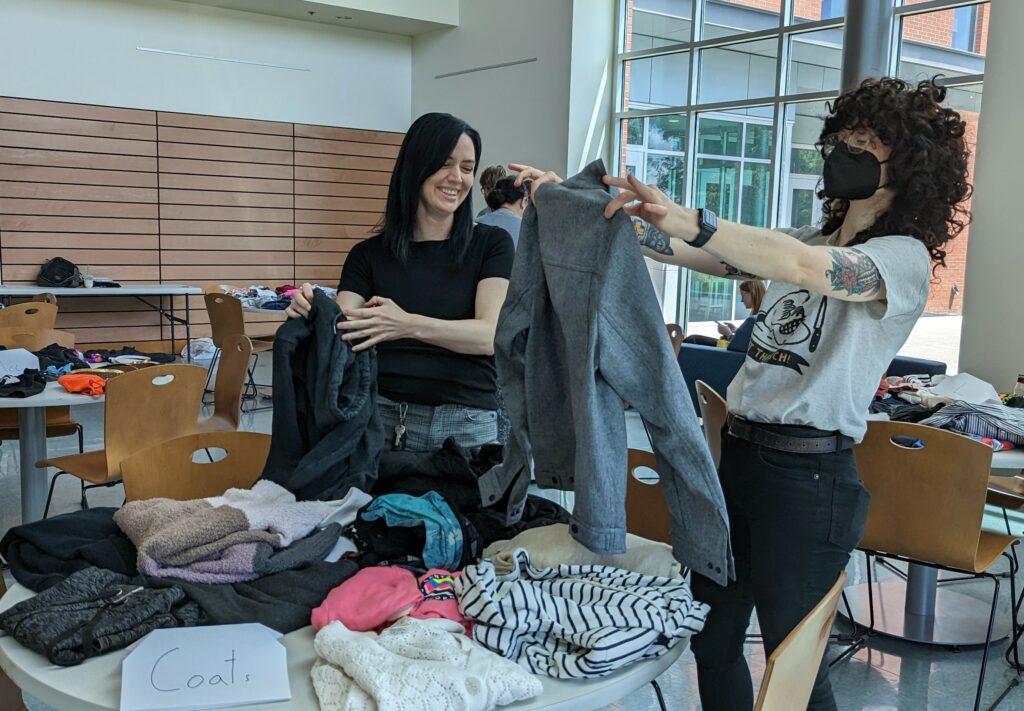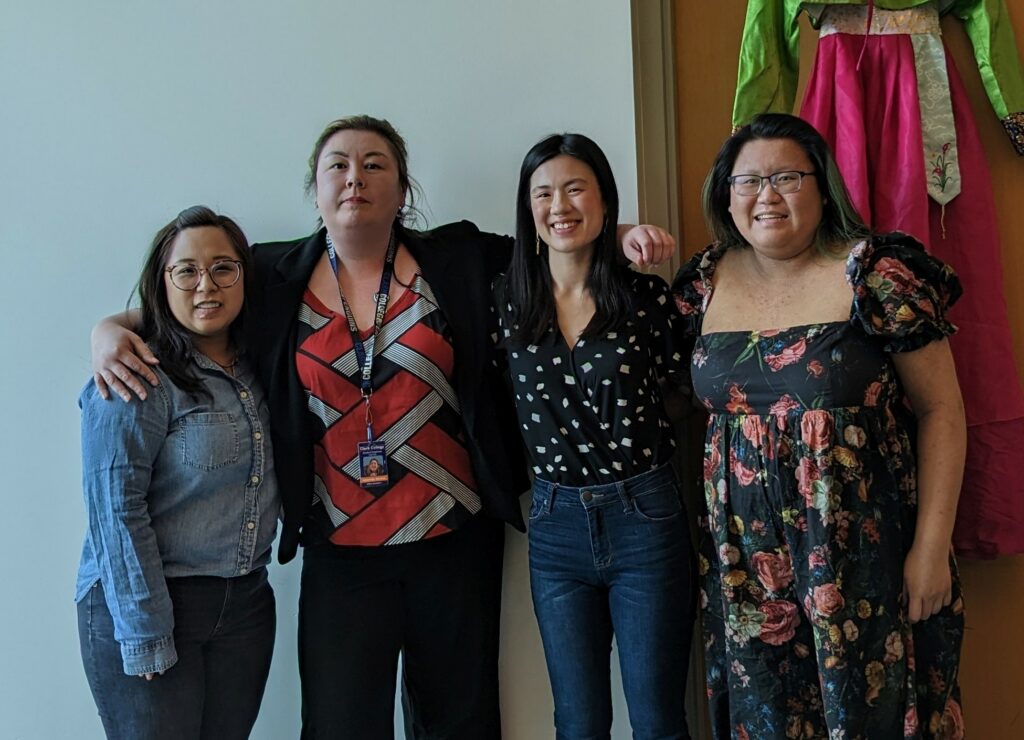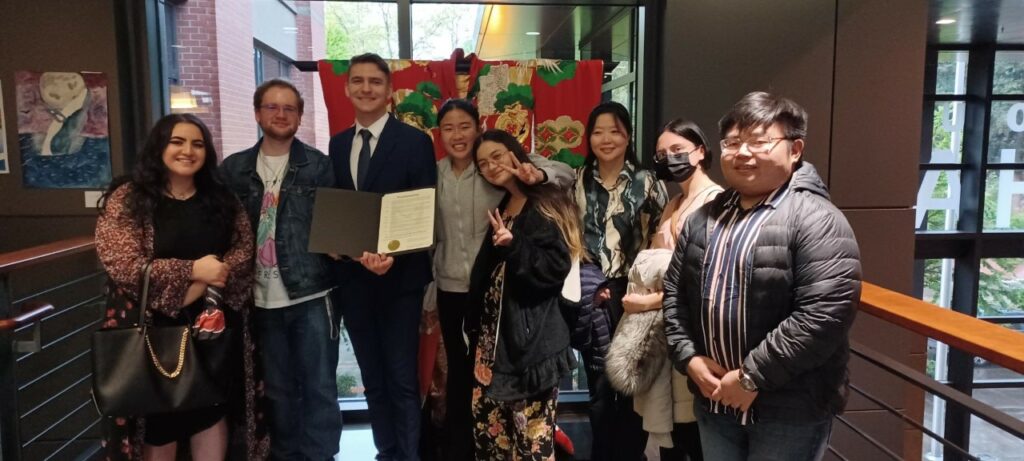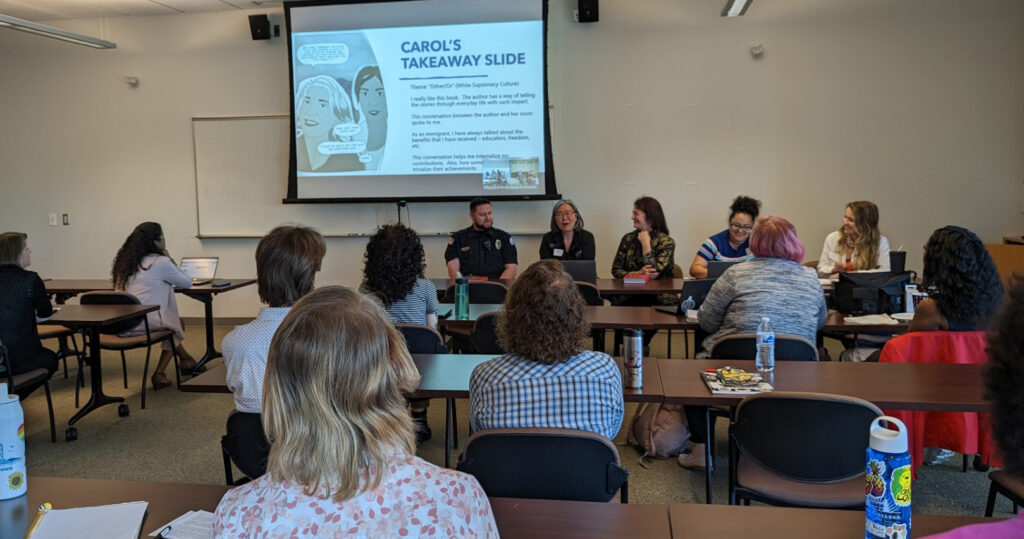Northwest Regional Equity Conference
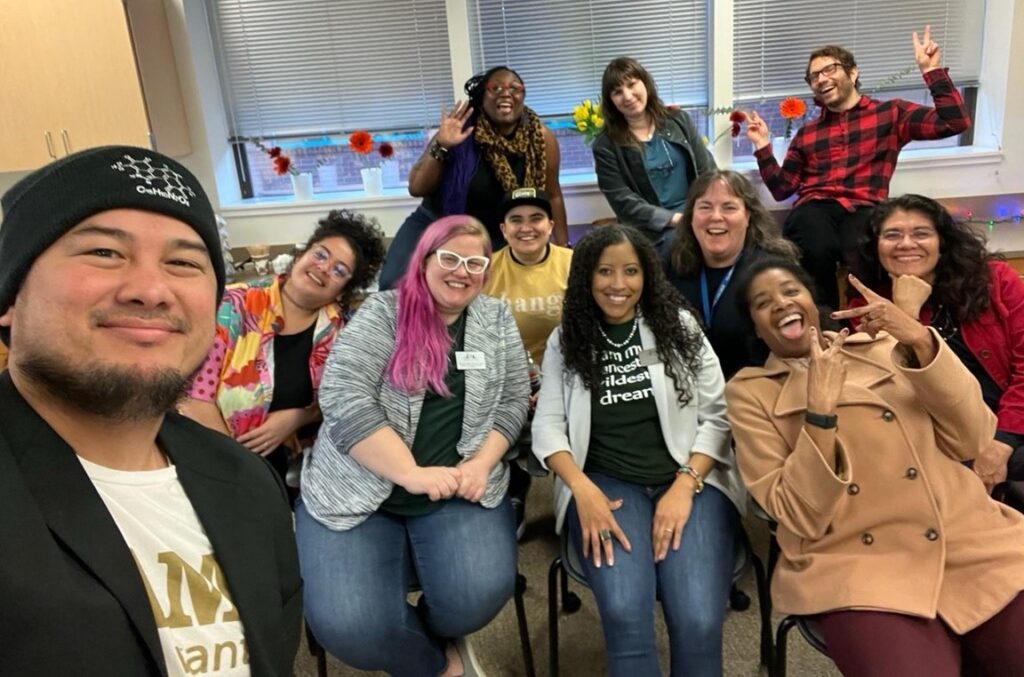
More than 600 people attended the fifth annual Northwest Regional Equity Conference (NWREC) from February 21-23. Clark College’s Office of Diversity, Equity, and Inclusion partnered with Southwest Washington Equity Coalition and their Advancing Racial Equity, Diversity, and Inclusion learning series to produce the event. The entire conference was offered via online modality.
It is gratifying to experience the growth and continued impact of the Northwest Regional Equity Conference. The first conference in 2020 had 250 participants. This year, our fifth year, we had more than 600 participants! We hosted 36 workshops and provided nine students with scholarships to attend the conference, thanks to donors.
Our intentional partnership with the Southwest Washington Equity Coalition (SWEC) allowed us to expand attendance and deepen our collective approach around diversity, equity, inclusion, and anti-racism work. I am proud of the NWREC planning team and the many people who made the conference happen. A heartfelt thank you!
2024 NWREC quick statistics:
- Participants: More than 600
- Workshops offered: 36
- Student scholarships provided: 9
Conference keynotes represented intersectional identities and covered topics including LGBTQIA+, immigrant experiences, and Black liberation with a common thread of what it looks like to build towards the future we want while staying grounded in hope.
Workshops covered topics including academic instruction, student and employee support, equitable policy development and decision-making, community care, strategies for disrupting harm, cultural competence, identities and intersectionality, and professional development.

Conference highlights included:
- Keynote Dante King revealed the totality of how White supremacy and Anti-Blackness are codified into the American legal system, institutions, and everyday life.
- Kendra Duncan, Clark College’s BAS-Teacher Education Chair and tenure-track faculty member discussed diversifying the educator workforce in Clark County, the new Bachelor of Applied Science in Teacher Education (BASTE) program, and Clark’s partnership with Vancouver public schools’ para-educator pathway.
- Clark College’s D. Harris presented a workshop on the impact of representation of Black people in popular media.
- Clark College English faculty Chris Smith and Cydney Topping presented the ways language/accent bias and discrimination persist in and outside the classroom.
- Clark student Tammy Pham presented a workshop Neurodiversity and You: Why Brain Differences are not Deficits.
- Another workshop focused on applying a racial equity framework to the auditing of campus policies and procedures.
Colleges that presented workshops include:
- Clark College
- Bellevue College
- Columbia Basin College
- North Seattle College
- Portland Community College
- Renton Technical College
- San Jose State University
- Shoreline Community College
- South Puget Sound Community College
- University of Washington Bothell
- Washington State University Vancouver
- Western Oregon University
Workshop presenters represented a host of nonprofits and agencies, including:
- American Civil Liberties Union Washington (ACLU)
- Clark County Community Services
- Equity Consortium
- Puget Sound Sage
- Southwest Washington Equity Coalition
- Vancouver Public Schools
- Washington Coalition for Police Accountability
- Washington State Department of Health
- Washington State LGBTQ Commission
- YWCA Clark County
Thanks to these conference sponsors:
- Southwest Washington Accountable Community of Health
- HAPO Community Credit Union
- Community Foundation for Southwest Washington
- Clark College
- CareOregon
- Inatai Foundation
Refer to the complete conference agenda: Agenda (clark.edu)
Learn more: NW Regional Equity Conference (clark.edu)
